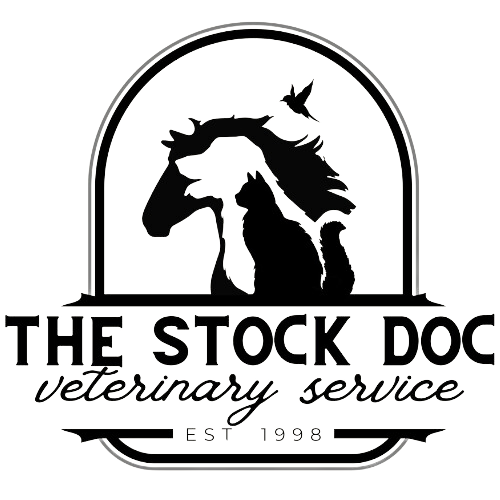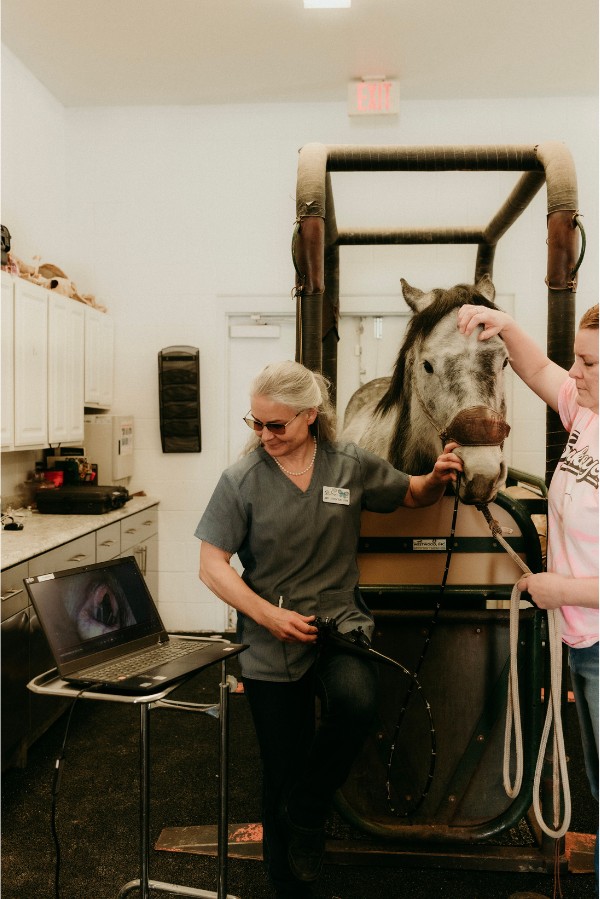Endoscopy
Experience specialized pet care at The Stock Doc Veterinary Services. Our endoscopy service ensures precise diagnostics for your pet’s health and well-being.
Understanding Endoscopy
Endoscopy, a non-invasive diagnostic procedure offered at The Stock Doc Veterinary Services in Riverton, WY, provides a detailed exploration of your animal’s internal organs without the need for more invasive measures. Utilizing a flexible tube called an endoscope, equipped with a light and camera, our skilled veterinary team gently inserts it through natural openings such as the mouth or anus.
This method enables a thorough examination, aiding in the precise identification of various health conditions affecting your animal. With a focus on accuracy and your animal’s comfort, this modern approach proves to be an essential tool in diagnosing and addressing health issues, ensuring the well-being of your cherished companions.
The Advantages of Pet Endoscopy
Precision in Diagnosis
Endoscopy empowers our veterinarians to obtain a clear and detailed view of your pet’s internal organs, facilitating the identification and diagnosis of various conditions, including gastrointestinal and respiratory issues.
Minimally Invasive
Unlike traditional surgical treatments, endoscopy is minimally invasive, resulting in less stress and suffering for your pet. This also means a shorter recuperation time and less disruption to their regular routine.
Tailored Treatment
The detailed images acquired through endoscopy assist our veterinary team in developing precise and personalized treatment plans. This ensures that interventions are targeted and effective, addressing your animal’s specific needs.
When is Endoscopy Necessary?
- Unexplained Weight Loss: If your animal is experiencing unexplained weight loss, endoscopy can help identify the underlying causes, such as gastrointestinal disorders or malabsorption issues.
- Chronic Gastrointestinal Issues: Endoscopy can effectively diagnose and address persistent problems like chronic vomiting or diarrhea, providing insights into potential underlying health issues.
- Respiratory Challenges: For animals with respiratory issues or persistent coughing, endoscopy allows for a detailed examination of the airways and lungs, aiding in the diagnosis of conditions such as bronchitis or infections.
- Swallowing Difficulties: If your animal is having difficulty swallowing, an endoscopic examination can reveal any obstructions or abnormalities in the esophagus.

